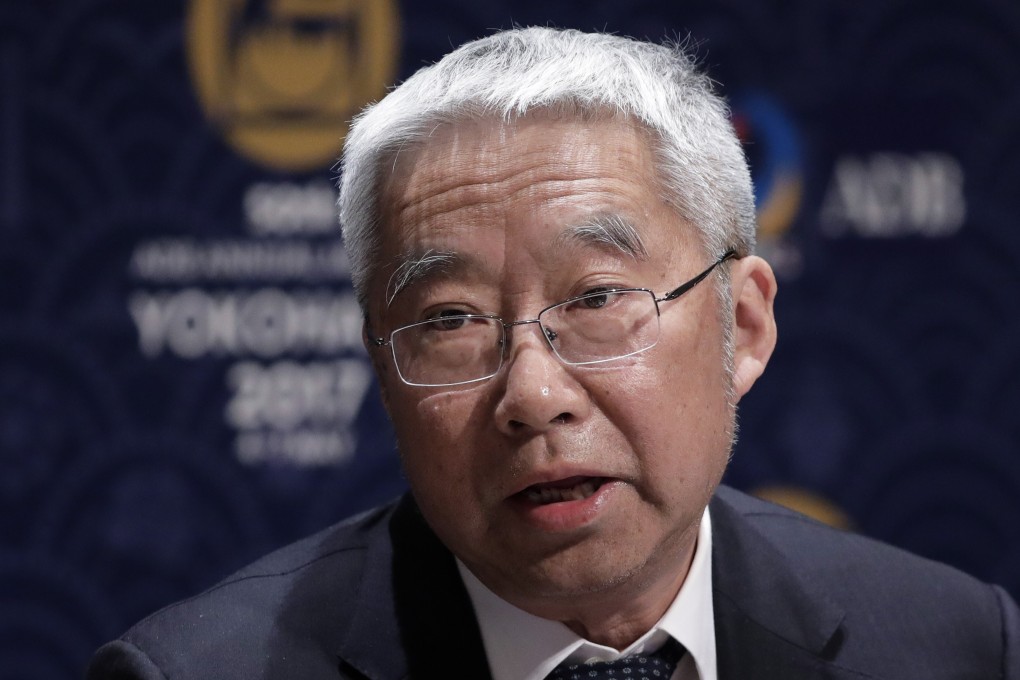Advertisement
US sanctions: economist Yu Yongding flags risk of Chinese bank assets being seized overseas
- Financial sanctions could come in any form, so Beijing must be prepared for worst-case scenario, says Yu Yongding, a former adviser to China’s central bank
- A precedent was set in 2012 when Bank of Kunlun was cut off from the dollar payment system, suffocating its cross-border business
Reading Time:3 minutes
Why you can trust SCMP

If push comes to shove in their financial row, the United States could not only sanction Chinese banks, but also seize overseas Chinese assets, a prominent Beijing adviser warned on Wednesday.
Yu Yongding, a senior fellow with the Chinese Academy of Social Sciences, a government think tank, said at a forum organised by The Beijing News that one possible scenario would be the US imposing sanctions on Chinese banks, as it did in 2012 to Bank of Kunlun, a regional Chinese lender backed by China’s state-owned oil company, for financing deals with Iran.
However, barring Chinese banks from dealing with the US financial system is only one of many ways that the US could inflict pain on China in the financial realm, said Yu, a former adviser to China’s central bank.
Advertisement
“The financial sanctions could be done in a variety of forms, targeting banks or certain industries,” Yu said, adding that the US could seize Chinese overseas assets if conflicts break out. “This possibility can’t be ruled out.”
Such sanctions have been used before … We must be very careful
The recent acts by the Trump administration, such as threatening to ban TikTok if it is not sold to a US buyer, have been “shameless”, Yu said. “It’s really hard for us to anticipate what will come next.”
Advertisement
Advertisement
Select Voice
Choose your listening speed
Get through articles 2x faster
1.25x
250 WPM
Slow
Average
Fast
1.25x